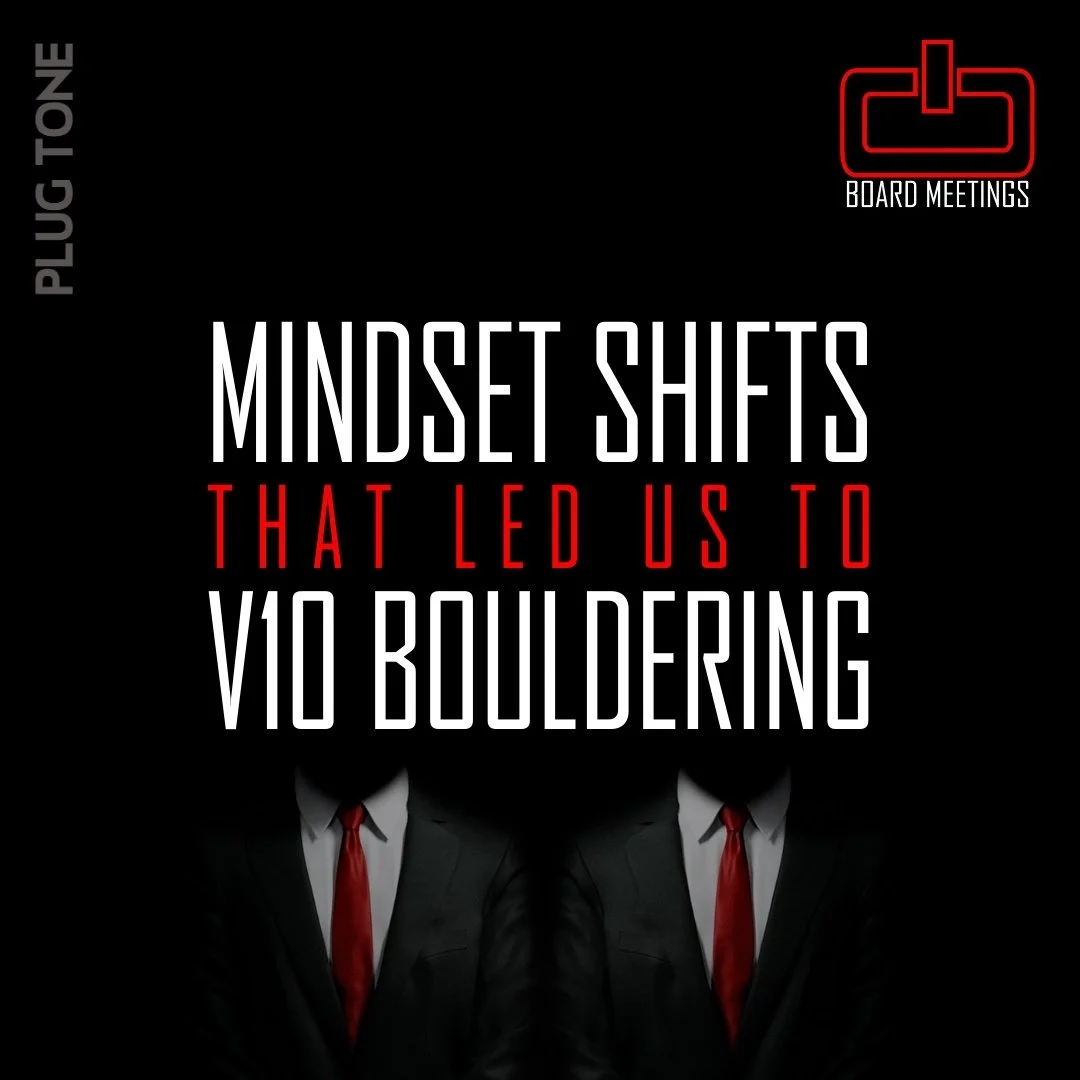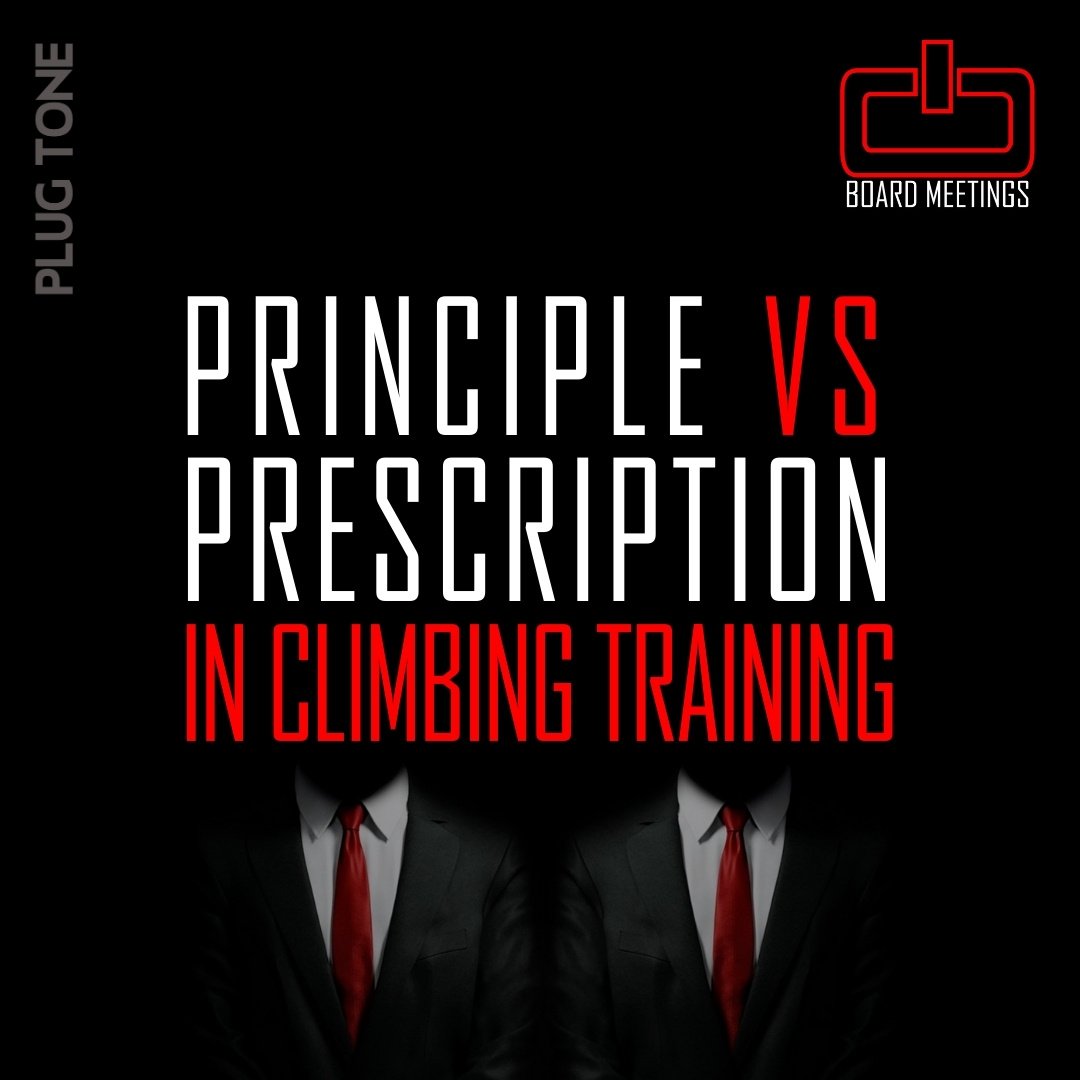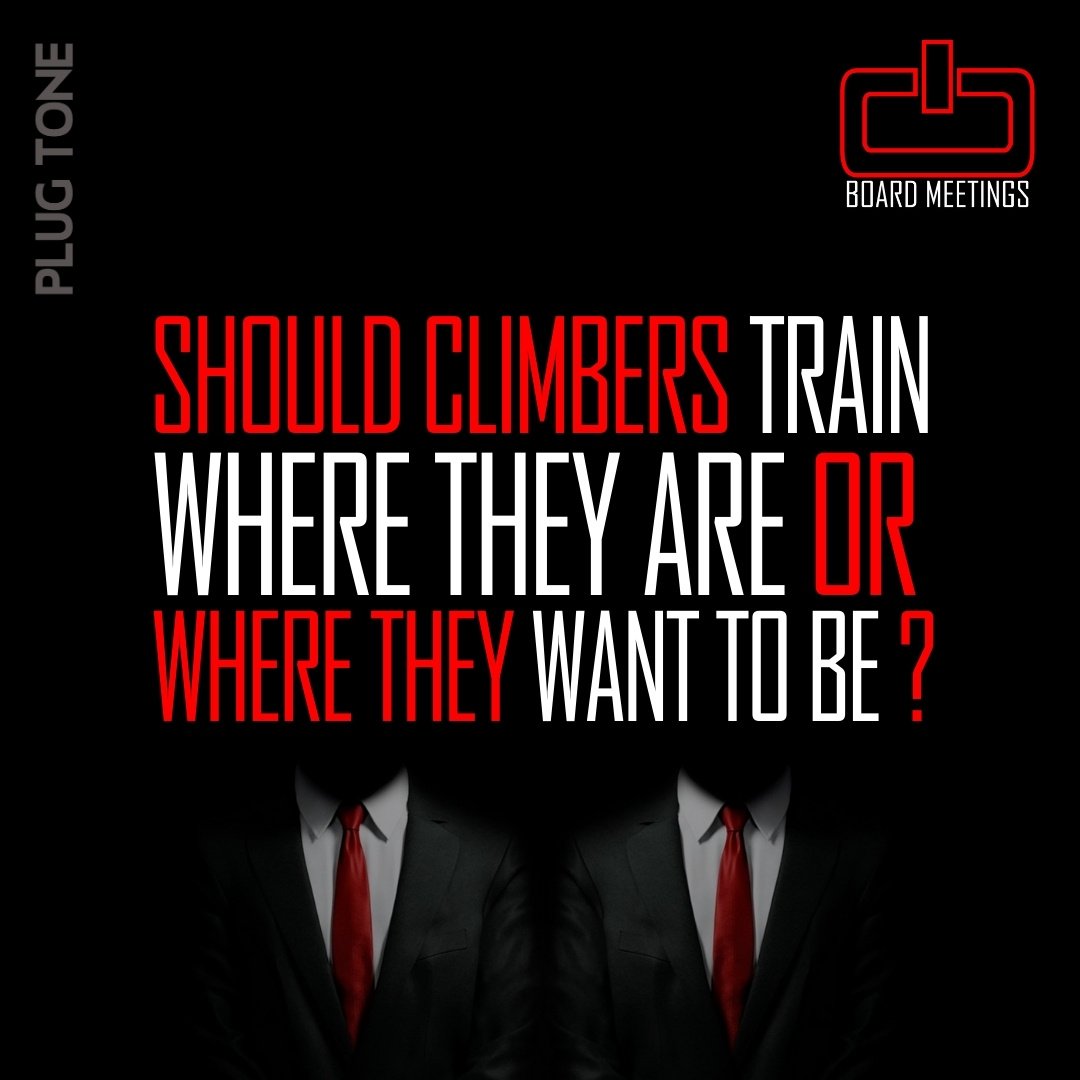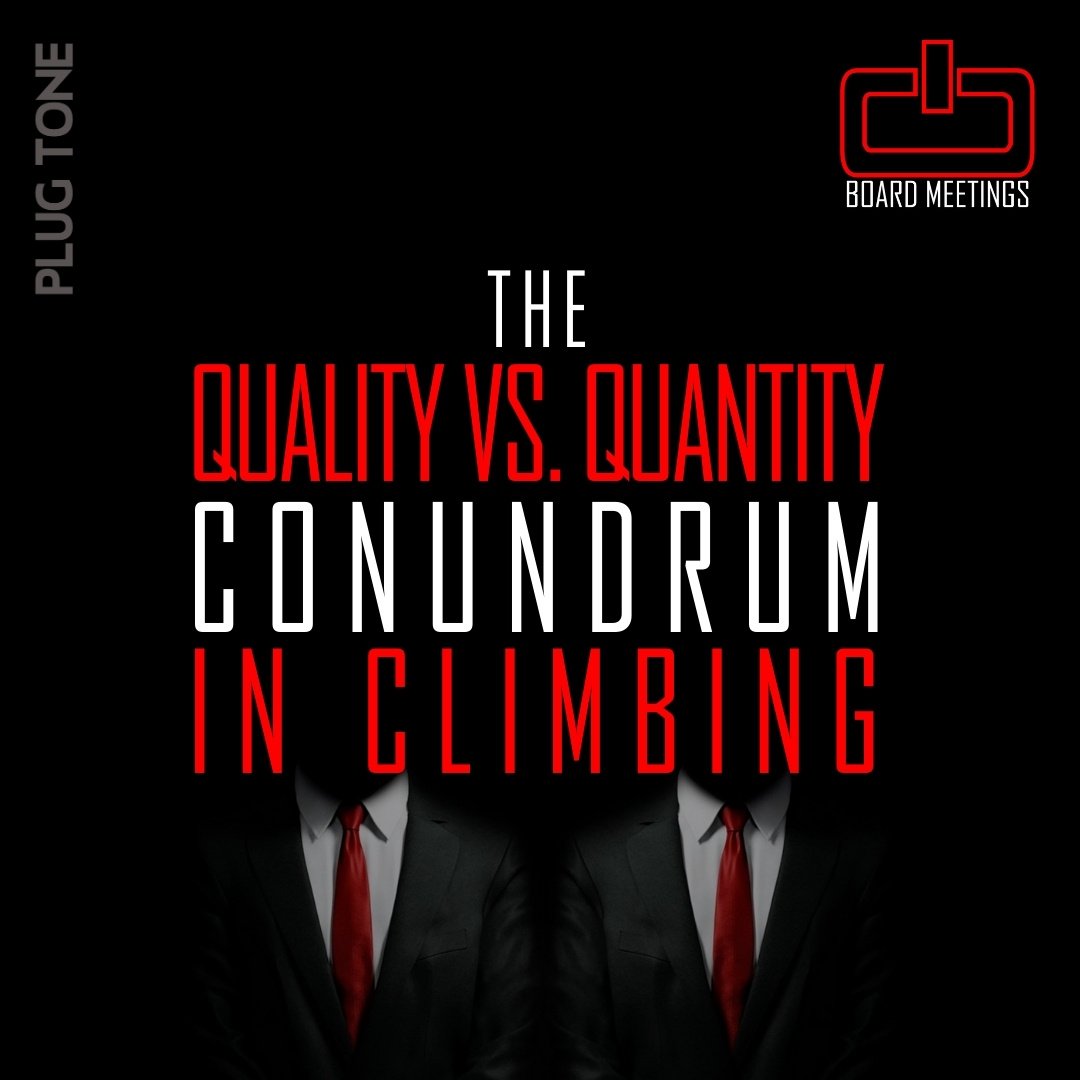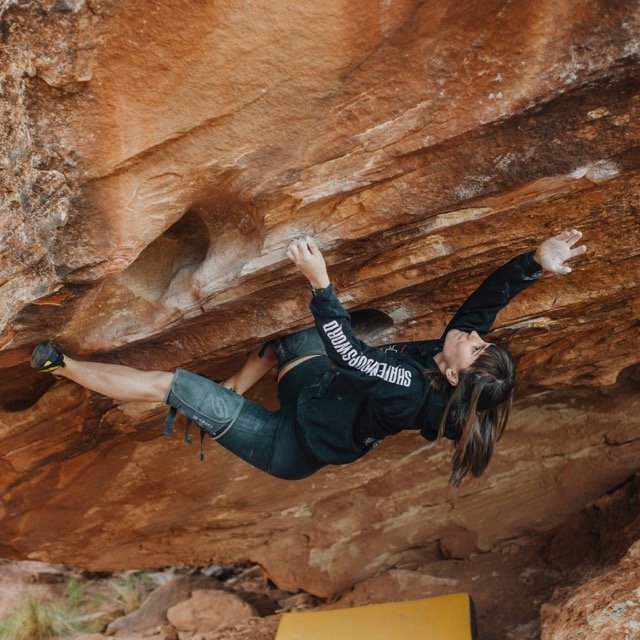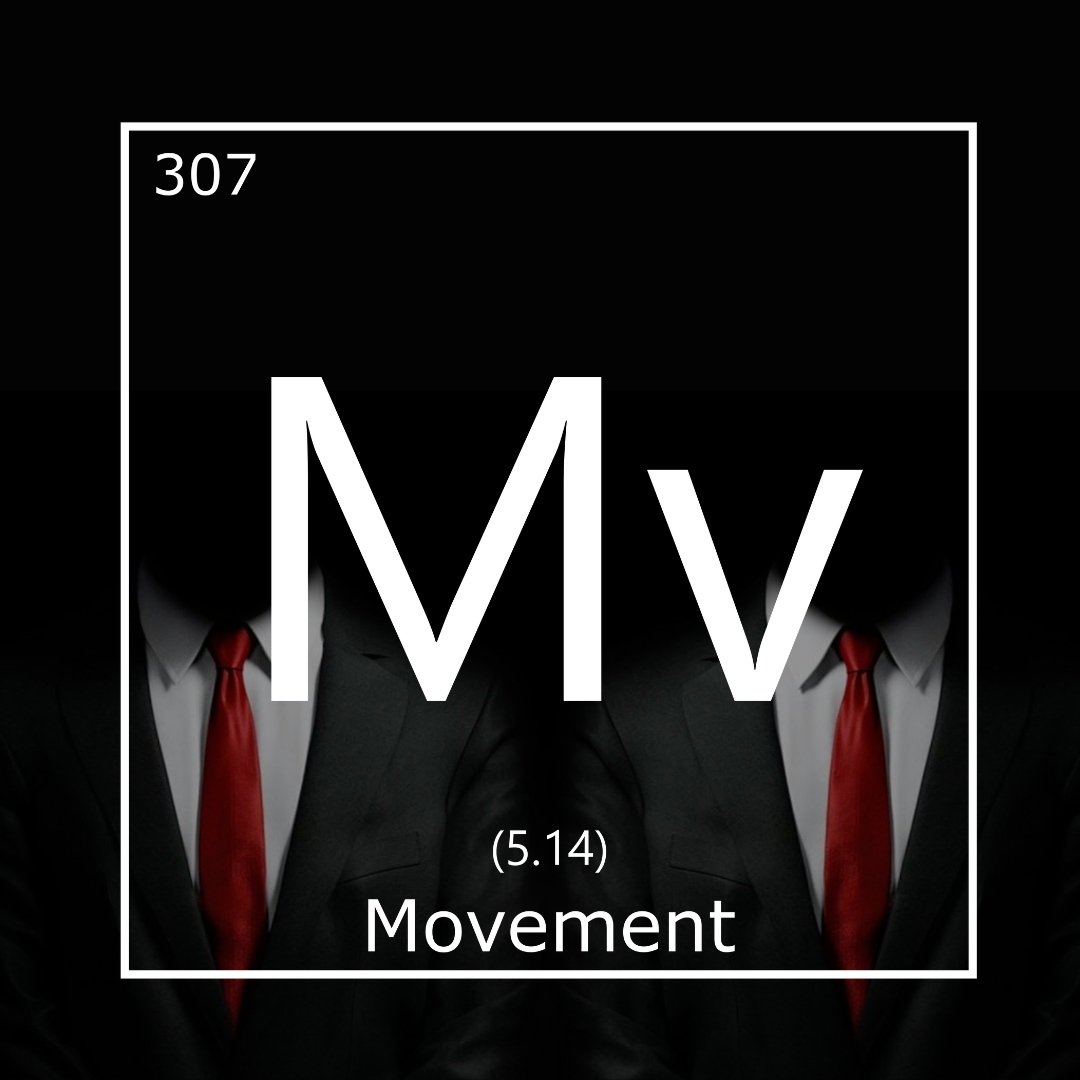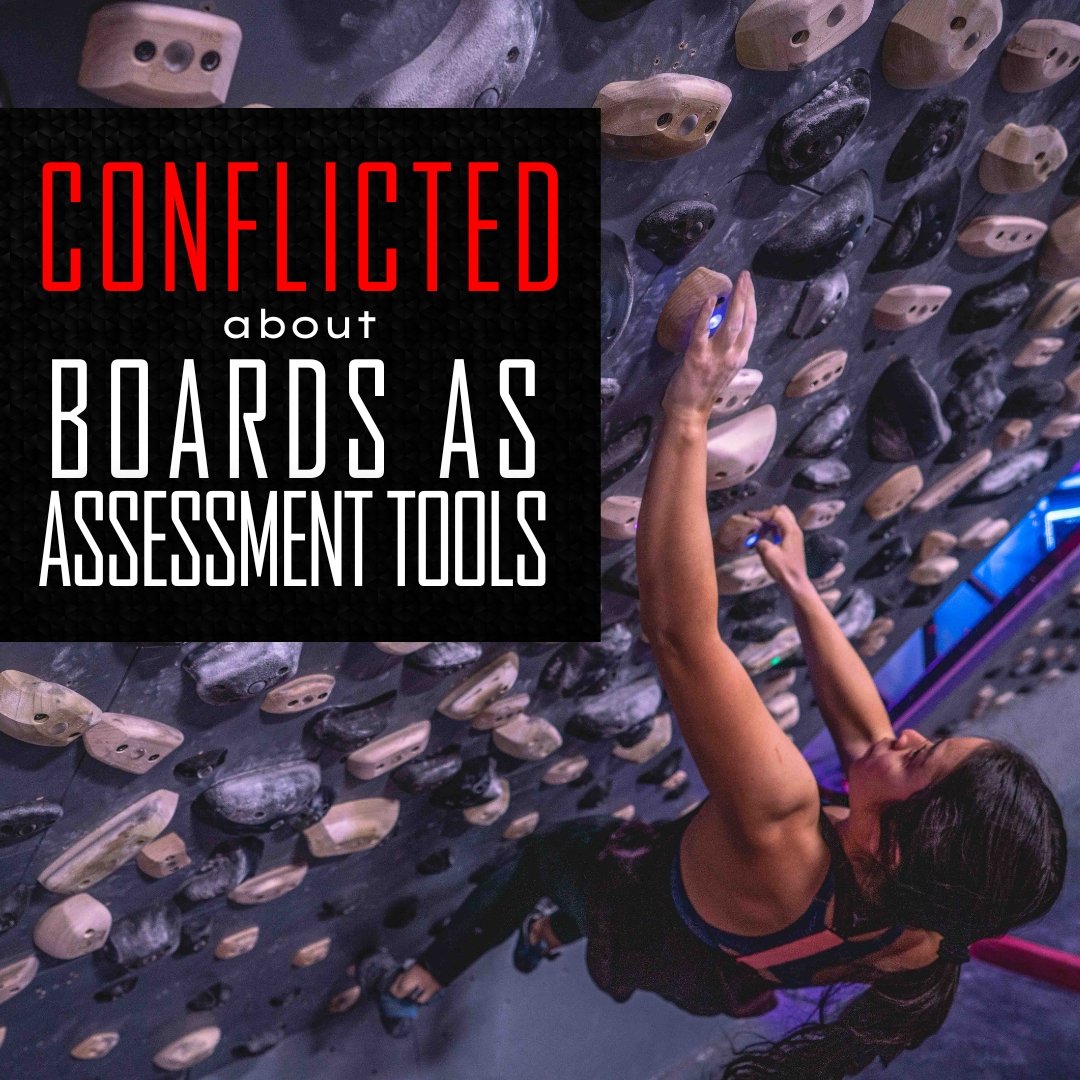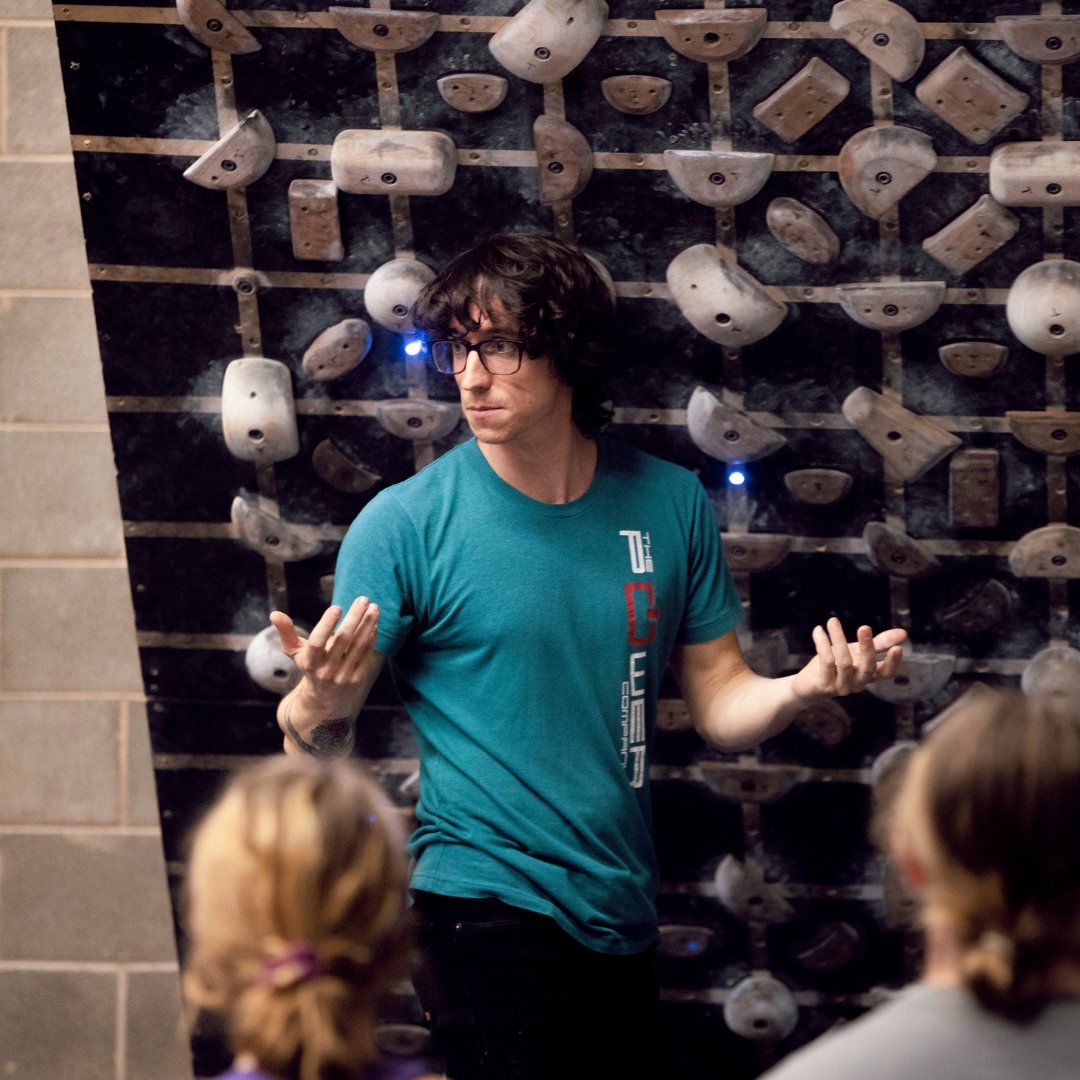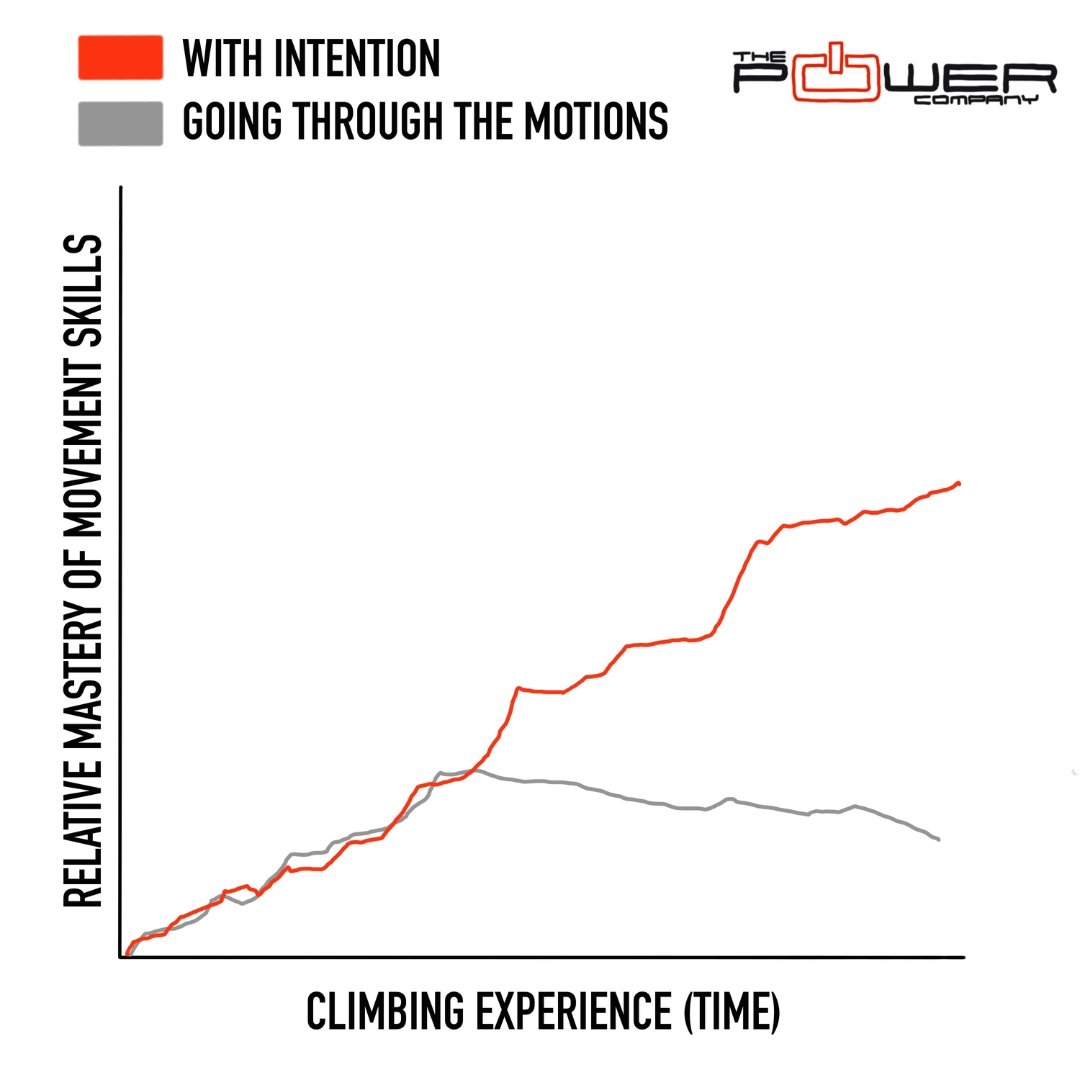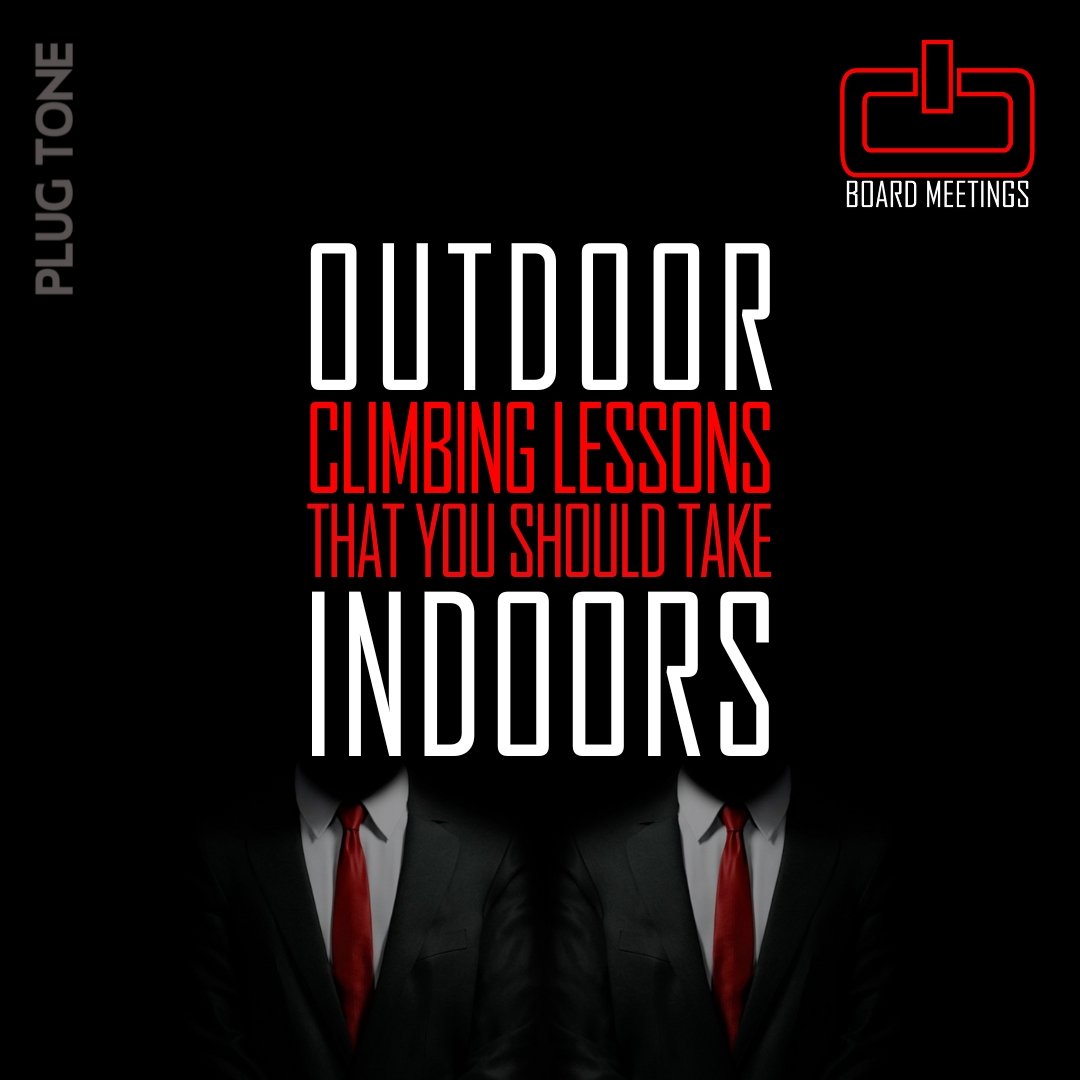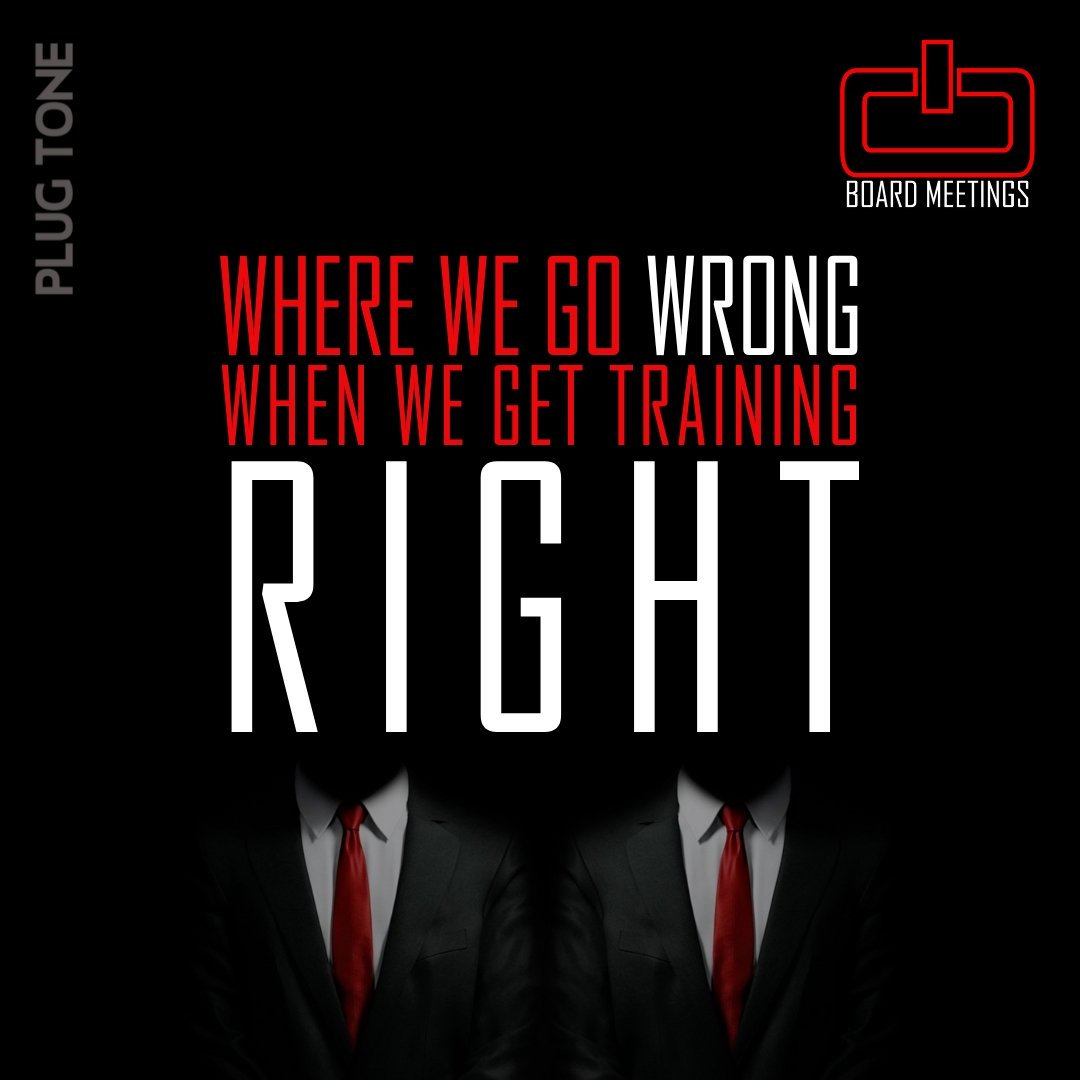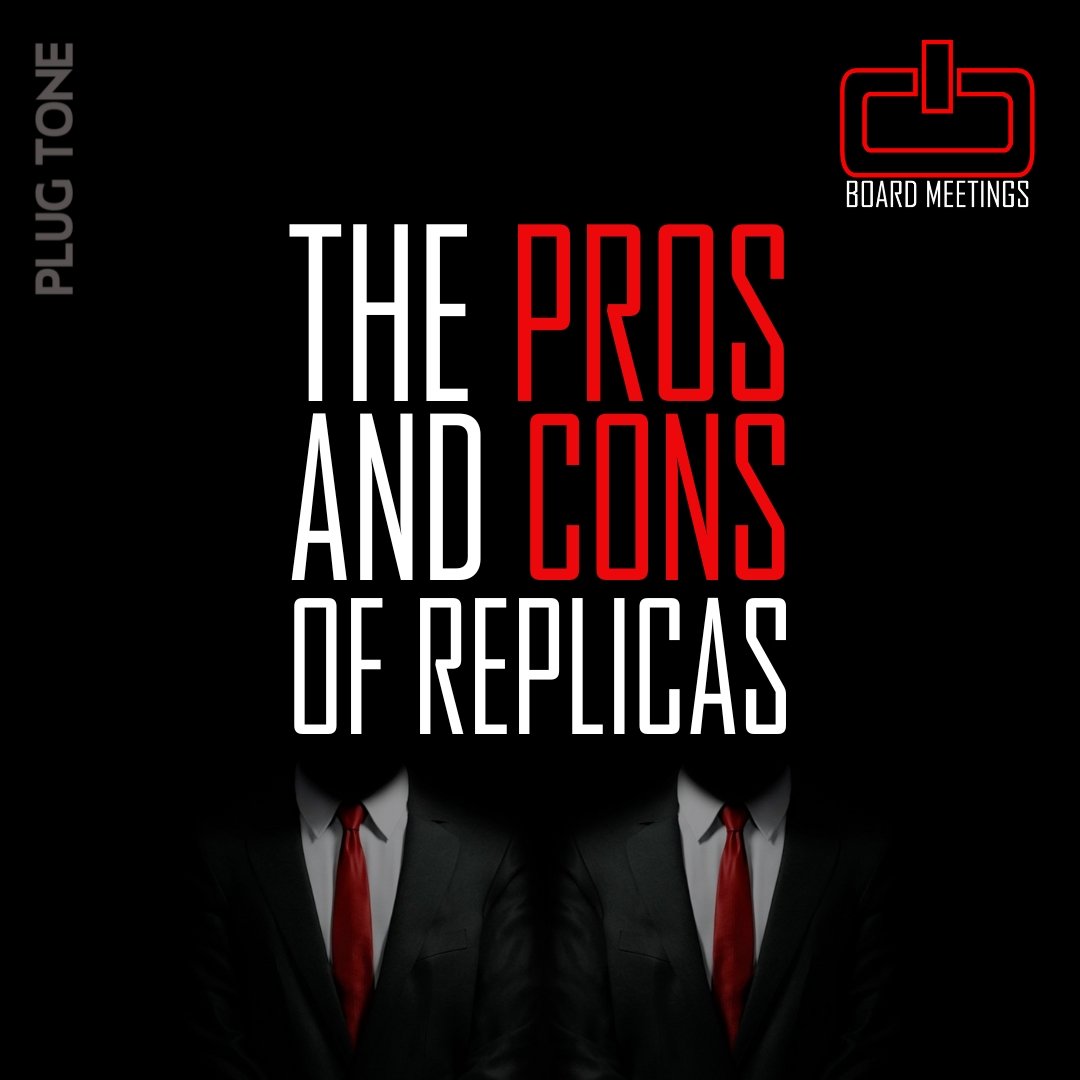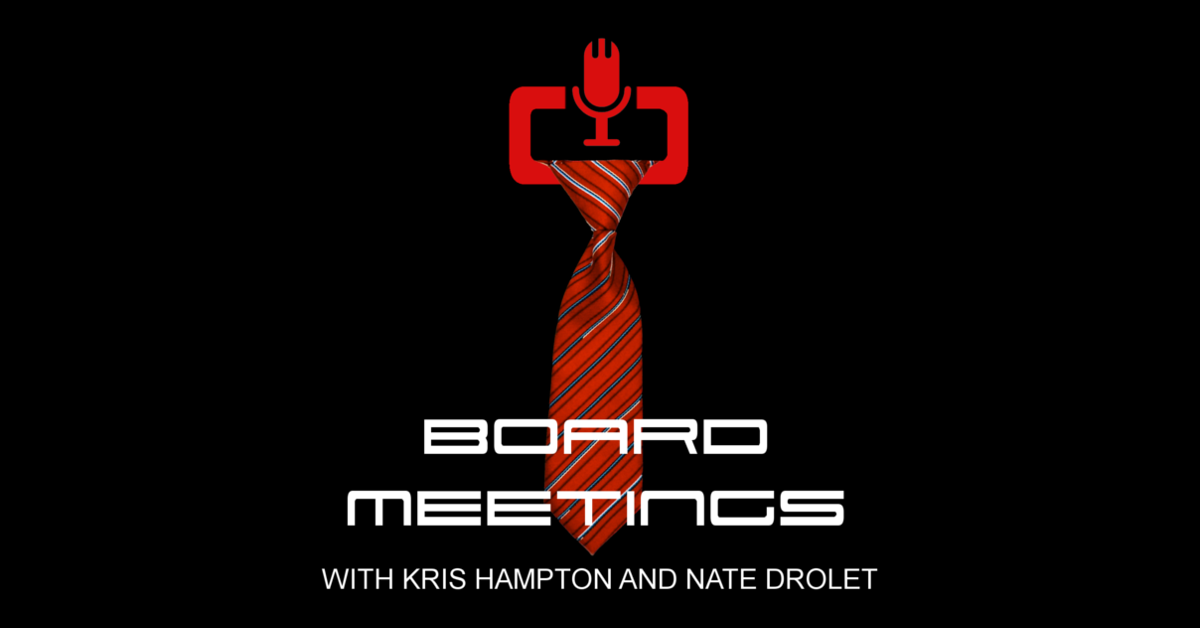Board Meetings | What Pro Climbers Can Learn From Taylor Swift
Whether you are a pro climber, small business owner, coach, writer, filmmaker or any other entrepreneur in the climbing industry, Taylor Swift has something to teach you.
In this Board Meeting, Kris and Nate draw what might seem an odd comparison: pro climbers and Miss Americana herself, Taylor Swift. With some of the recent industry drama surrounding the Eddie Bauer athlete team firing and the shuttering of the big print mags, the topic of what it means to be a paid pro climber, writer, or creative these days is up for debate. Kris compares the outdoor industry to today’s music industry, where – thanks to streaming services like the one you’re probably using to listen to this episode right now – artists are no longer making money from their music but rather ticket sales, brand collaborations, and other outlets. An artist or athlete’s accomplishments alone, be they a #1 hit song or a groundbreaking FA, are no longer enough. Taylor Swift seems to have figured it out, so maybe the pros should be taking notes.
Special thanks to Lauren Abernathy and her crew of Swifties for the help with clips for this episode!
FULL EPISODE TRANSCRIPT:
Kris Hampton 00:36
What's up everybody? I'm your host Kris Hampton.
Nate Drolet 00:40
And this is Nate Drolet
Kris Hampton 00:41
and together we form Taylor Swift and Kendrick Lamar.
Nate Drolet 00:47
Okay.
Kris Hampton 00:49
Any ideas?
Nate Drolet 00:51
I mean other than musicians? No.
Kris Hampton 00:55
it it's because the remix of the Taylor Swift song Bad Blood because well, people don't like change and I'm about to tell a lot of people that they need to catch up to a changing world. So this has basically for today become the bad blood climbing podcast
Taylor Swift Clip 01:16
cuz baby now we got bad you know what you should be bad because baby now we got I can't take it back. Look where I'm at. I don't hate you. But I hate to critique, overrate you.
Kris Hampton 01:38
We are the bad blood climbing podcast. Hello. So Nate, this is basically going to be a crossover episode. Like, hip hop taught me everything remixed with a board meeting. So you're just gonna have to indulge me with all these clips that I've got. And shout out to Lauren Abernathy for helping me find these clips. The reason I wanted to talk to you about this is because recently I think earlier this year, I don't think it was the end of last year I think was earlier 2023 There was a big to do over Eddie Bauer firing their pro athletes in favor of influencers. And we've heard lots of pros lament the fact that they have to produce content and that the likes on their posts and videos and the views on their videos mean more than how hard they're climbing or how authentic air quotes, the the adventures they're having are. And, and I'm not throwing shade at the athletes who are lamenting that. But it's happened again and again and again and again. And we keep hearing this right? Yeah, It happened with Pocket Media acquiring outside climbing and rock and ice and then shutting down the climbing print mags. And it's a tale we just keep hearing, especially as climbing gets more popular. And I'm mostly ambushing you with all of this. So feel free to interject at any point where you see fit. But I'm curious what your initial take on the Eddie Bauer situation was.
Nate Drolet 03:16
Um, I mean, my first take was Eddie Bauer has a climbing team. I had a general genuinely had no idea. And I was like, Man, I must be so out of it. And like, don't get me wrong. I don't pay too much attention to like the mountain world. But then the more I was looking around, the more it seemed 5050 between outrage that, you know, we're trading pros for influencers. And the other half was, Eddie Bauer has a climbing team. Which kind of almost proves the point of all of this, like if you had no you know, I mean, it would I don't know, it'd be like if Michelin tires had been sponsoring Daniel Woods this whole time. And he gets, you know, he gets dropped. Because they're like melos a conflict of interest. I don't know whatever. They're using BF Goodrich, exactly. melos using BF Goodrich on all their cars. Yeah, we'd be like, Wait, hold on. Daniel was a sponsored by Michelin like, that's what this felt like to me.
Kris Hampton 04:25
Yeah. Totally. I knew that they had a climbing team just because of like paying attention to what page did and pages on the team. That makes sense. That's the only way I had any clue that Eddie Bauer had a a climbing team. I don't know that I ever really saw any media from them other than page posting things. So I'm sort of with you there. But for me, the whole thing sort of points to the way the world is changing and like it or not climbing is part of the world. And you know, that means that climbing is also changing. And I'm fortunate to have been involved in music since before I was a climber and to get to see how artists were making pivots, when the CD era was ending, and the digital era was starting, I was really privileged to be able to see into the working parts of several underground independent Hip Hop labels and see how they were making shifts. And I never made a lot of money off of music, but I paid attention to that industry. And it's how I sort of modeled the way power company operates. So it's something close to my heart, for sure. And I think that climbing is at a crossroads similar to where the music industry was 15 or 20 years ago, and pro climbers as well as entrepreneurs in the space brands, coaches, creators, whatever can learn from what musicians had to do in order to survive. So to start this, I think I have to give a little bit of music industry history, just how how musicians have made money over the years, so that we can sort of compare it to how pro climbers are and we're and can make money in the future. We're going to simplify here, but artists used to make money off of their physical music. Like from vinyl, to tapes to CDs, we needed to purchase the, the physical representation of that music, you know, you had to go to the store and buy the thing. And they were the artists themselves are of course beholden to a label and a distributor. So they make all of that money. But at the bottom end of the pile, even the new artists, the unproven artists, we're getting about 10% of the physical goods that were sold. And if they were the songwriter of the material, they got more. So big artists like the back then the Eminems, the Mariah Careys, they could command more than 10%. And even if we take that bottom of the pile number 10%. It doesn't sound like a whole lot. Like I made this thing. I'm only getting 10% of it. Yeah. But if we look at, like, say 50 Cent, Get Rich or Die Tryin was his debut major label album,
Nate Drolet 07:40
and what an album.
Kris Hampton 07:40
He sold 12 million copies the first year. Massive, he was pretty new to the major label business. So even if he was only getting $1, a copy, let's say his CDs were $10. He's getting $1 of it. That's $12 million the first year. Yeah. And that's just for the sales of the music itself. So he's not doing too bad. Yeah, he's he's not hurting for money at that point. independent artists made more per sale, because they didn't have the big label and the big distributor in this whole team to pay. But in general, they had much less distribution and reach and promotion than artists with that major label deal. So there's a trade off there. And the thing that's important about independent labels is they own their music. So rather than a label owning the material and getting to profit from it in perpetuity, the independent artists own their music, and could do with it what they want, if it got a commercial placement, 10 years down the road, they profit off that instead of the label profiting off of it. Now, then, Napster and piracy happen. Big labels are losing their asses, but the listening public fucking loves it, right? Major Label system is in triage mode. So what they do is they turn to ringtones. You know, selling selling goofy ass ringtones. And then iTunes happens. So now we're paying 99 cents per song or whatever. And the artists are still getting a little bit of that. And doing okay, but not great. Because we're still getting it for free. We figured that shit out. And then by the late 2000s, we end up or we start entering this area where we are now and that's streaming. That's how most people get their music now, and it has firmly set the expectation I think in all of our minds, that the music is free, or at the very least, we pay $16 a month and we get a unlimited quantities of music. Yeah. And that's a huge shift from you have to go to the store, purchase their music, listen to it until the tape dies or the CD dies or the vinyl is scratch and then you have to go buy it again. And that that public expectation of free music, the labels and the artists are losing huge amounts of money based, you know, if they compare it to what they were making 10 years earlier. So I'm sure you've heard some of the rumblings about this. And I'm what I want to know is do you have a sense for how much artists make in this streaming era? When their songs stream on Spotify? Or Apple music or whatever? Do you have an idea of what they make per stream?
Nate Drolet 10:54
Only the slightest, there was a blog, I think from like, 2016. And it was like a German blog. And the guy broke down the cost of living based on I think it was Spotify streams. And so obviously, these numbers are many years off. It could have been from earlier than that. But it was a hilarious, you know, it was like, Oh, you need whatever, like 60,000 streams to buy a gallon of milk, kind of stuff like that. So no, I don't I don't know, too well.
Kris Hampton 11:25
That's pretty accurate. And we're gonna generalize and oversimplify here, again, just for the sake of getting the point across but artists are now making not a fraction of a penny a fraction of a fraction of a penny for every stream. And the biggest artists today, the Drakes, the Beyonces, the Rihannas. They make about 25% royalty per stream, which sounds better than making 10%. But the cost per stream is around .0034 cents. That's about the average across all of the streaming sites. So that would mean they need approximately 1,176,470 streams to make $1,000. Okay, and those are the big artists, the lower tier artists make way less. So what we're getting at here is that the thing they do the thing they make their music, they are musicians, it's been dramatically devalued. So not even the top artists can make a living simply selling music, which is the system of just 30 years ago where they were getting rich off just selling their music. So the way I sort of feel about it is climbers and adventurers who think they should get paid just to go on adventures and go climbing because it's authentic. And that's what they do. And then not have to do more than that to sustain a partnership with major companies are just way way way behind the times.
Taylor Swift Clip 13:10
It's a sad picture. The final blow hits ya. Somebody else gets what you wanted again, and, You know it's all the same, another time and place, Repeating history and you're getting sick of it.
Kris Hampton 13:28
It's a sad picture Nate. So where does Taylor Swift fit into all of this, and first, I have to be really honest, I'm not a Swifty at all. Her music isn't necessarily for me. That's okay. I do respect and admire what she does and what she's built. I think it's really fucking remarkable actually. She's one of the artists may be the best example of an artist who came in during the CD era, this old model where they were making a lot of money from their songs, and then not only transitioned into the streaming era, there were some bumps along the way, but transitioned in and has created the blueprint for success in this new streaming era. And she did it in pretty dramatic fashion little Taylor Swift history here. She signed her first record contract in 2005 when she was 15 years old. And ironically, the labels name is big machine label group. And she was not one of those forward thinking artists who negotiated to own their music that just wasn't a big thing for major label artists at the time. In fact, Prince was one of the first artists to like demand that he owned his the masters of his recordings. And there was a big to do about it. People were just like, What the hell's wrong with this guy? So they machines owned her music. And her first six albums, including five that were number one on Billboard are still owned by big machine. So they make money when you play her music. Taylor doesn't make as much she was the songwriter for most of her music. So she does get paid off of that, but they still own the recordings themselves. They paid for her to create it, they owned it, and they get paid from it. That was That's the model essentially. I want to point out right now that Taylor Swift is a stand in in this story for pro climbers, small business owners, writers, coaches, whoever, in the climbing industry, whoever's creating media on their adventures and their climbs, any of that big machine, or maybe the guy in charge of big machine in the later years. His name is Scooter Braun, is representing the big business sponsors the conglomerates who own the big magazines and websites like Pocket Media, you know, they own Outside Magazine and Eddie Bauer, lots of these businesses. They are Scooter Braun
Taylor Swift Clip 16:13
And the haters gonna hate hate hate, hate hate.
Kris Hampton 16:18
So lesson one here is don't do business with anyone named scooter. However, Taylor's 15 You know, her parents are seeing money signs. Oh, for sure. And business was scooter seems good at first, because it's the era where they're making money off their music, no matter who owns it. So Taylor is making a lot of money selling her music. But then in 2011, that's when Spotify lands in the US. And we have this idea now, already, because of Napster and piracy, that music should be free. In 2013, Spotify lands on mobile devices. And this is when it everybody switches at this point. Famously, Lady Gaga's song pokerface was the first song to a million streams on Spotify. And she got a royalty check for $167
Nate Drolet 17:14
Oh my god.
Kris Hampton 17:17
So in the CD era, if people wanted to buy that song, have that song, she would have made a million dollars. Instead, she makes 167. So, at this point, 2013 Taylor has stopped making nearly as much money from her sales. And in 2014, she pulls her entire catalog from Spotify, saying music should be valued. And she's right. You know, it should be Radiohead has pulled their catalogue, Adele refuses to put her music on streaming at all. The industry is in upheaval, because it's changing and people don't fucking like change. You know, it's it's exactly the same as all of the pros who've been pros for a while not wanting things to change, and when they do getting upset and saying I'm not doing this, I'm not doing this, you know, refusing to change along with the world. Yeah.
Taylor Swift Clip 18:13
Lord what will become of me, once I've lost my novelty?
Kris Hampton 18:26
so just like music labels had to turn to putting out whatever, flash in the pan artist who was hot at the moment. And, you know, whoever else sounded just like them to make money. You know, their, their goal is businesses to make money, frankly. Just like that, the climbing magazines, the media outlets are having to switch to the people who are making money for them, right. This thing has been seen as free to the consumer, you know, so the the big labels are switching to the hot artists, and everybody else who sounds exactly like that hot artist. But Taylor Swift is smart. And she doesn't just sit around and complain that the charts are full of influencers and the fans don't care anymore. And instead in 2017, she sort of sees the path in front of her, she sees the light, she knows what's coming, and she puts her music back on Spotify, and she starts making moves and this is where it gets really really interesting.
Kris Hampton 19:38
Right So Taylor leaves big machine, leaves scooter, negotiates a deal with a new label and in the New Deal, she owns all of her music. And she owns all of it that she will be making with this new deal. And because she's making far less money now from the sales of her music, she wants a bigger cut of her past music too. She wants her master recordings, but big machine and scooter are not budging. They're like fuck that. This is our cash cow. Yeah, we're keeping this. Now, when music is made, there are essentially two different rights to that music. And I alluded to this earlier, there's the rights to the written song and composition. And Taylor writes most of her own material. And then there's the rights to the musical recording itself the mechanical rights they you own this recording that happened in this moment. So Taylor, as the writer of the songs own the rights of the composition, Scooter owns the recordings, Taylor's like fuck you scooter. And she had nine number one albums in a row. She has a rabid fan base. So she vets on that fan base and she says, Hey, guys, I'm going to rerecord my old albums because I own the compositions. I can rerecord them make new mechanical recordings. I'm going to call them Taylor's versions. And I want you all to listen to these new recordings instead of those songs that you already love. You know, that sort of sounds like a recipe for disaster like I already made this thing people love now I'm going to change it. And I want you to love it just the same. Yeah. So what she does is she says, I want you to tell me how to make them better. You want a specific guest artist, tell me done, you want something changed, you want a longer bridge, you want more of a guest? Tell me done. And I'm also going to add a bunch of things that the label didn't originally like that I thought needed to be there. So in 2021, six months apart, she re records and releases two of her old albums that have already been out for years from 20 from 2008 and 2012. So these are 10 years plus old. They both hit number one on the charts, they become instantly more popular, more streamed than the original versions. So fuck scooter.
Taylor Swift Clip 19:38
Long live the walls we crashed through How the kingdom lights shined just for me and you I was screaming, "Long live all the magic we made" And bring on all the pretenders One day we will be remembered.
Taylor Swift Clip 22:39
'Cause the players gonna play, play, play, play, play And the haters gonna hate, hate, hate, hate, hate Baby, I'm just gonna shake, shake, shake, shake, shake I shake it off, I shake it off
Kris Hampton 22:54
She's got another one coming this year. She's made remixes with some of today's hottest artists like Ice Spice. And she's taking even more fan advice, including reaching back out to the original collaborators who the fans were. We're big fans of and wanted more of. That's super fucking smart to include your fan base in what you're building. And this new one that's coming is absolutely going to be her 12 Number one release in a row, which is bonkers. But we already established that she isn't making nearly as much as she did in her early days from just selling music. So why is it important to remake the things so that she owns them? That's the big question here. And I think she's doing two things. Really well. Number one, she's innovating. She's leading the change. She's not like waiting for it to prove itself and then trying it. And you know, the climbers who are lamenting the way it used to be, are doing exactly the opposite of innovating. They're standing still wishing that the world was standing still with them. And newsflash. That's not what's happening. With a number two with the switch to streaming and the new public perception that music should be free. something fundamental flip there. Were used to be that touring was promotion for an artist music like I'm going to come to your town play the songs so that you'll go buy my album. Now the music has become promotion for touring and for all the other things the artist does. So along with making good music, she recognized the importance of building her fan base and then catering to them. So she talks directly to them. She asks them questions she responds to their asks. She's active on social media, even regularly commenting on fan sites and fans social media accounts. So people are buying in figuratively and literally, to Taylor Swift. And as a result of her being active and engaging tickets for her most recent eras tour that I think is still going on right now, broke the record for tickets sold in a single day, it crashed ticket master, because 14 million people tried to buy tickets at the same time. And the tour is expected to bring in nine figures this year. And she owns the thing. You know, she owns the music, she owns the touring, she owns the merch. She's creating what she wants to do, and what her fans want. And she's operating like an indie artist. She's just leveraging big platforms, distributors and promotion to do so. So climbers and entrepreneurs, I think in you know, in this outdoor space need to realize that the adventures and the media created around it is no longer the moneymaker. It's valuable, sure, but it's valuable as promotion. And they need to leverage that promotion to then sell other things and make their money in other places. And they need to own that promotion to some degree in order to leverage it. And I think we're seeing it with some folks who are really forward thinking people like Adam Ondra, Stefano, Mellow, you know, even Megos has jumped into the YouTube game. And these people are also creating their own products that they can sell via their, you know, promotion machines that they've built. And, like Antigrav is the obvious new one who were killing it. They're finding their own way by connecting with fans, giving fans what they want, without having to rely on scooter. So do you have any favorites who are doing these things? I think you probably watch more of of this stuff or consume more of this stuff than I do. I think we're both probably steadily watching less and less. But I'm curious who Who's Who do you see doing this well?
Nate Drolet 27:16
I mean, I think there's a couple people who who've done it. Well, you know, I think maybe the most obvious would be like Magnus Midtbo, as he was someone who I mean, he made kind of the clean cut away from competition into, you know, being a YouTuber. And honestly, what to me is hilarious about it is because like some of its climbing content, some of its just content content. But it's so easy to forget that this guy, I mean, he still is elite, like because we'll be like, Hey, I'm gonna go hang out with Sean Raboutou and boulder in, you know, Switzerland and they go and he's like, almost keeping up with Sean and you're like, Oh, that's right. He's one of five people to ever onside 14 Seeing the world. Like, Magnus was such a monster and still is. But yeah, I mean, I love it. He's like, fully leaned in as far as climbers who are, you know, doing their own thing now who are still climbing? I think Ondra is a good example. You know, something about Taylor and I think what may go miss because it's easy to be like, oh, yeah, like she you know, she's become this, you know, so successful on her own now, megastar.
Kris Hampton 28:33
I think she's the second richest woman in entertainment behind Rihanna.
Nate Drolet 28:40
Amazing. But the thing to remember is like you just described a lot of work that she has done, like, that's a lot of work, and work
Kris Hampton 28:49
and work without a known outcome. Yeah, it's like if I rerecord these albums, are people going to listen, if I spend my year remaking things I did 10 years ago. Are people going to care?
Nate Drolet 29:02
Yeah, will it even, you know, backfire? Yeah. Yeah. Like, it's a lot of work. And you look at what Adam Ondra does you look at what a lot of these people do. And it's like, they go out with a team, like they have they now work with a lot of people. Like Adam Andhra. Yeah, has employees at this point, basically.
Kris Hampton 29:24
Yeah. He's not just going climbing anymore.
Nate Drolet 29:27
No. But you know, with a larger investment, I'm sure. He's also doing a lot better financially. And that also builds this brand. You know, a huge thing with pro climbing like in a lot of pro climbers will say like, you know, I want to go out there. I want to inspire the next generation. I want to motivate people, all these things. And in the same breath, they can say, well, you know, it shouldn't matter about the likes and the views. Well, it's like, man, if no one's viewing and no one's liking what you're doing. Are you really inspiring the next generation are you getting like, doesn't matter if you're putting up some sick new V16. If no one knows about it, no one's motivated by it, no one's inspired by it. Like, if that's your goal, you know, these two things aren't really lining up.
Kris Hampton 30:16
Yeah, if your goal is to just go climbing and not make money from it, you can do that. It's not that hard to do your climbing. No. But if you want it to be a career, you have to treat it like a career. And, you know, these people who were complaining that, like, my adventures are authentic, and no one cares about authentic adventures, I just want to be able to go on these trips and inspire people. Adam Ondra is the best climber in the world. You know, Shawn, Ratatouille is one of the best boulders in the world, if not the best boulder. And they are creating lots of media that they own. And they're partnering with, with their sponsors to push things out there and making money off of their ability to push things out there. They're catering to the people who want this product they're creating, you know, they're not just going climbing anymore. Yeah. So if the best in the world aren't just going climbing anymore, why do you think you should just get to go do that? We live in a different world. Now. It's not 1997 anymore, where that was a thing. And you could, you know, live this dirtbag lifestyle by just going climbing. It's not as easy anymore.
Nate Drolet 31:39
Yeah, so
Kris Hampton 31:40
I actually really love the changes they're making, you know, I think much better content is coming out of it. Frankly, like some of the mellow videos, some of our monitors videos. I think they're better than the real rock things. You know, they're closer to like, skate videos and surf videos that, that just get like, you know, these cult followings. And, and that's what they're getting. And that's why they can make money. You know, it's why antigrav took off so fast. You know, they make really great media that they give to us for free. But then they're like, Hey, we're about to have a clothing drop. You know, we gave you all the ship for free, support us. And people are looking for ways to support them. So yeah, people buy up their clothing in minutes. You do. Really fucking smart. And on the on the Magnus front, I think I've seen a lot of comments that are like, this isn't even a climbing channel anymore. Well, it's not for you, then. You know, I don't I don't listen to Taylor Swift's music. But that doesn't mean she's not doing all the right things. For sure. So Magnus is doing the right things. He's he's making content that's going to get more views, sell more things, get bigger sponsor dollars, all of that. And he's getting to travel pretty much wherever he wants, and go climbing with whoever he wants. Because he's spending all the time bringing this team with him to make all of this content.
Nate Drolet 33:26
Yeah, smart. No, absolutely. You know, and I think one other good example is, I mean, I think Shawn rabbit shoes, a great example. Because this is the first time really, that we have, you know, let's say one of if not the top climber in the world. And we get to actually, like meet the person. Because so often it would be like, Oh, we have Chris Sharma. And they're the little vignettes and videos, you know, these, like, short sentences that all of us would quote from like dosage or whatever. And it's like, we would build up like, Oh, this is what this person must be like, based on these three sentences that we actually heard him say, kind of thing. We're this now with Shawn, it's like, men, you get to actually see this person meet this person, in a way like you see there, you see his full like, I mean, so much more of his personality. And the thing is, it just makes me like him more and it makes me cheer for him more like when I see these videos, and he's just like, oh, man, this is really hard. Like, you know, I'm working through this this feels like heinous. You know when he says hilarious shit, like, I think when he went to try suiting soul, he was just like, well, I've I've now tried all the V17's in the world, so I guess I can't flash one anymore. Like, stuff like that. I love that that was recorded and it's just like, you know, just a part of this.
Kris Hampton 34:52
Yep. And I love that you get to see where where they go. You're also getting to see all of the rest of the best As climbers in the world, trying things falling on things getting frustrated, you know, you get to see some of that process in there. And Adam Ondra is similar, you know, his and Stefano's videos on Excalibur were great. No, you get to see all of the different ways people are approaching this thing. And you saw it in the YouTube comments of like, I love this, you know, I love the crossover episodes and everybody climbing with everybody. That's exactly like Taylor Swift saying, Oh, you want ice spice on this remix? Great. I'm gonna get ice spice on this remix, because she's the hottest newest artist. So I'm gonna bring her in for this. You know?
Nate Drolet 35:47
While this is more work for all of these climbers, like this is not, you know, the CD era of climbing back when it was like, oh, a film crews just gonna follow you around. I mean, it also is like, like, it's just a, it's more power in the actual climbers hands, which I think is great. I mean, because that's, you know, that's something that I don't think it gets talked about enough. But like, for a lot of pro climbers, once they're done, like it's not like they had they owned anything that they could walk away with after their career. You know, you could even Chris Sharma owns a gym like he, he, for a long time has done partnership deals like he had evolve. Like the charmer shoes he had, I think he had clothing lines and prana. Like, there were specific to him. But you know, he owns gyms, now he's doing things where his name is branded. And, I mean, this is a way that you, you know, it's hard not to roll your eyes at it, but you like you literally build your own brand. But then that's something you get to keep in take with you. You get to monetize and like, man, because I'm not, you know, these people who are doing amazing feats of athleticism now and like, you know, they are pushing our sport forward, they're motivating future generations, like I would love to see them financially set in the future to where they're not like, Oh, damn, I didn't go to college so that I could climb harder. And then I put all my energy into shoe company A and clothing company B. And now I'm like, my body's beat up. I have, you know, and I don't really have anything to show for it. I've got to I gotta get a job in a career now. And I'm, you know, 40 whatever.
Kris Hampton 37:32
Yeah, and, you know, one of the important aspects of what you just said is that, like, if Shawn Raboutou or Adam Ondra, strike a partnership with a company, say it's the north face, it's probably advantageous for the north face to say, Yeah, let's put this on your YouTube channel. Because you've created this massive following and rabid fans. Whereas we'll, if we put it on ours, it's just gonna go out to, you know, a bunch of people who like puffy coats. Yeah. And if we put it on mellow, because you're endorsing it, people are going to come and buy it. So, you know, that's a really important part of this. And it's also important that you know, in the Chris Sharma era, when he was making films, it was like, I don't know what his like business dealings were with, with the big up crew, but they got put, just follow him around, film things, and then they own the material. And they can leverage it for future things. Chris Sharma doesn't own those films. If you know if Adam Ondra is paying somebody to follow him around, he owns the footage of him sending silence or whatever. You know, that's a really important part of this. So now if somebody wants to use Shawn Raboutou climbing Alphane, they need to talk to Shawn about it, not to the north face, or whoever owned the camera crew, whoever paid the camera crew to go and film it. Totally. Super important. And I think you know, one thing that might get lost in this and was maybe the most disconcerting part of all this for me when I first saw the athletes speaking out against the Eddie Bauer closure, is that we can't we can't get mad at the influencers. You know, it isn't their fault.
Taylor Swift Clip 39:28
And the haters gonna hate hate, hate, hate hate.
Kris Hampton 39:32
In fact, I'd say it's my opinion that if you want to say these influencers are stealing our jobs by posing as climbers without having to do the work, you know, without having to be authentic and go on these adventures, then I'm going to counter with these pros are stealing our jobs by posing as coaches without ever having to really coach or these pros are stealing our jobs by posing as podcasters or filmmakers or whatever, without having to pay their dues, it's fucking absurd to say that someone is stealing your job by being better at your job than you are. That's stupid. They're just better at your job. So they should get the job. You know? Yeah, the the influencers are more valuable selling clothing because they aren't afraid to sell things. You know, maybe you call it selling out, I don't even know what that means. But they aren't afraid to do it. They're doing the necessary work that the athletes don't want to do, because they are athletes, and we just athlete, they're building a following. They're communicating with fans. They're doing the work here. So my advice, instead, do what Taylor Swift did make cooler, better shit, innovate. And either own what you're making or partner up with people who share your values and will let you you know, own part of what you're making. Not just the person who will give you the biggest one time paycheck for what you make. Then you walk away with nothing once that money is spent. So you have to you also have to give your fans what you want. You have to be your own fucking influencer these days, you know, it's just what it is. And if you can't stomach that, if you don't believe in what you're doing enough to try to sell it, then maybe this this valuable commodity you have this authenticity isn't really that valuable. after all.
Taylor Swift Clip 41:36
Cause there were pages turned with the bridges burned, Everything you lose is a step you take. So make the friendship bracelets, Take the moment and taste it. You've got no reason to be afraid. You're on your kid. You always have been.
Kris Hampton 41:59
Nate, thoughts on all this?
Nate Drolet 42:03
Shout out to Lauren for all these great help with the clips.
Kris Hampton 42:07
Yeah, I hit her up. Like, look, I know nothing about Taylor Swift music. Here's the gist of this episode. Could you point me in the direction of some songs that talk about this stuff? And she was like, I'm at lunch with a friend. We're on it right now.
Nate Drolet 42:24
Let me go grab my dream board. I'll be there in five.
Kris Hampton 42:27
Yeah. And she just kept coming back to me. Like over the over the past two weeks. She's been like, Oh, here's another one. Here's another one. I hit up another friend. And she gave you this list. This is amazing. Her whole crew of Swifties have been invaluable for this.
Nate Drolet 42:44
Yeah, man, it's, you know, industries change. Like it like I get it if I was, if I was a pro, and I could look back at like Chris Sharma who literally just got followed around. I mean, that's the dream of like, I'm just gonna go climb the biggest, prettiest hardest lines. And people will do whatever they can to come fill me and I'm going to just get a check in the mail for it. And obviously, I'm sure I'm simplifying. I bet Chris had to do more than that. But that from the outside is how it looks incredible. Who wouldn't want that? Like, and it's easy to understand, being a little sour, like even as a coach, like, honestly, I just want to coach like, I don't want to have to put myself out there. But unfortunately, it's like, that is part of it. But also like, I think there's a lot of value in that as well like and I mean, we see it in me and I think it's a cool era, just as someone who likes to consume media, like I love getting to see these top level climbers from more than just these quick clips in, you know, a La Sportiva video or whatever. Yeah, I think this is great. Like, I think there's going to be some growing pains. And there's going to be some people who lament how things are changing. They're going to say, you know, it's not the way it used to be, and it used to be better. But, you know, that's just that's how it always is. Like, people are always going to feel stagnant. I think the hate on influencers is I think there's a lot there. Like, I don't know it. There's a lot that could be picked apart, like when Alex Honnold poses on a magazine cover naked, but just with a chalk bag in front of his genitals. Totally fine, but like,
Kris Hampton 44:40
I mean, I just saw him doing a soap commercial.
Nate Drolet 44:43
Yeah,
Kris Hampton 44:44
like, you're you're a former dirtbag climber. You don't know shit about soap.
Nate Drolet 44:50
Well, that's actually pretty good.
Kris Hampton 44:51
Don't tell me about soap.
Nate Drolet 44:54
But yeah, like we see him pose naked on a magazine and we're like, yeah, no, that's cool. Yeah, actually looks totally jacked. But if we see like women on Instagram posing in anything other than like on a v11. We're like they're an influencer. Like, there's a lot to be picked apart there.
Kris Hampton 45:11
And let's be honest, Alex Honnold is not in the top tier of strong climbers.
Nate Drolet 45:16
No, no. I mean, he'll be the first to say that, too. Yeah, exactly. Yeah.
Kris Hampton 45:22
He's done a thing that is unique to him. And he's, he's sold the shit out of that.
Nate Drolet 45:28
And so well.
Kris Hampton 45:28
He's cashed in on the fact that he can solo at a higher level than most people.
Nate Drolet 45:34
Yeah. I mean, man's got a podcast. He's like, you know, has a huge movie that like all by an Oscar, I was gonna say he's got an Oscar. Oscar, all my aunts and uncles know his name. Like yeah, yeah, totally. And that's great. Like, he is like, in a lot of ways the king of the influencers. Like, yeah, but yeah, we don't we don't call him and influence there for different reasons. So I think there's things that can be picked apart there. But in general, I think there's a lot of growing pains right now. I think this will be a great move for the industry and I hope it's a great move for pro climbers like I hope that they can be you know, financially set down the road I hope that this can be something where it feels more empowering with time where maybe in this moment, and especially probably five years ago, it felt like power was being stripped from them. I hope it starts to be seen as Oh, this is going to take more work than it used to but I will get to have more control and this is going to be something where I'm going to have a better future because of it and I have more opportunity because of it.
Kris Hampton 46:40
Yeah, I agree. I don't I don't like how hopeful you sound though. I I prefer the sort of y'all just need to fucking change this is the bad blood podcast
Taylor Swift Clip 46:54
Cause baby now we got bad blood you know what used to be mad love so take a look what you've done cause baby now we got bad blood. Hey, I can't take it back. Look where I'm at. I don't hate you. But I hate to critique and overrate you.
Kris Hampton 47:13
I really just wanted to play that again. Yeah, I agree with you. I do hope that it's moving in that direction for people. And just to let you all know, I've been working really hard on the next remix episode failure, and it's a monster of an episode. It's a monster of a topic really fucked my head up for a couple of weeks. It's taken me for quite the ride. I think I have all the of the interviews I need now. There's some really great ones and some really great things in there have connected lots of unexpected dots. And I've started laying it out so expect that thing soon. But until then, you all know where to find us at Power Company Climbing on all the socials except for the Twitterverse where the tweeters going to tweet tweet tweet tweet tweet. Because we don't tweet we scream like eagles.






